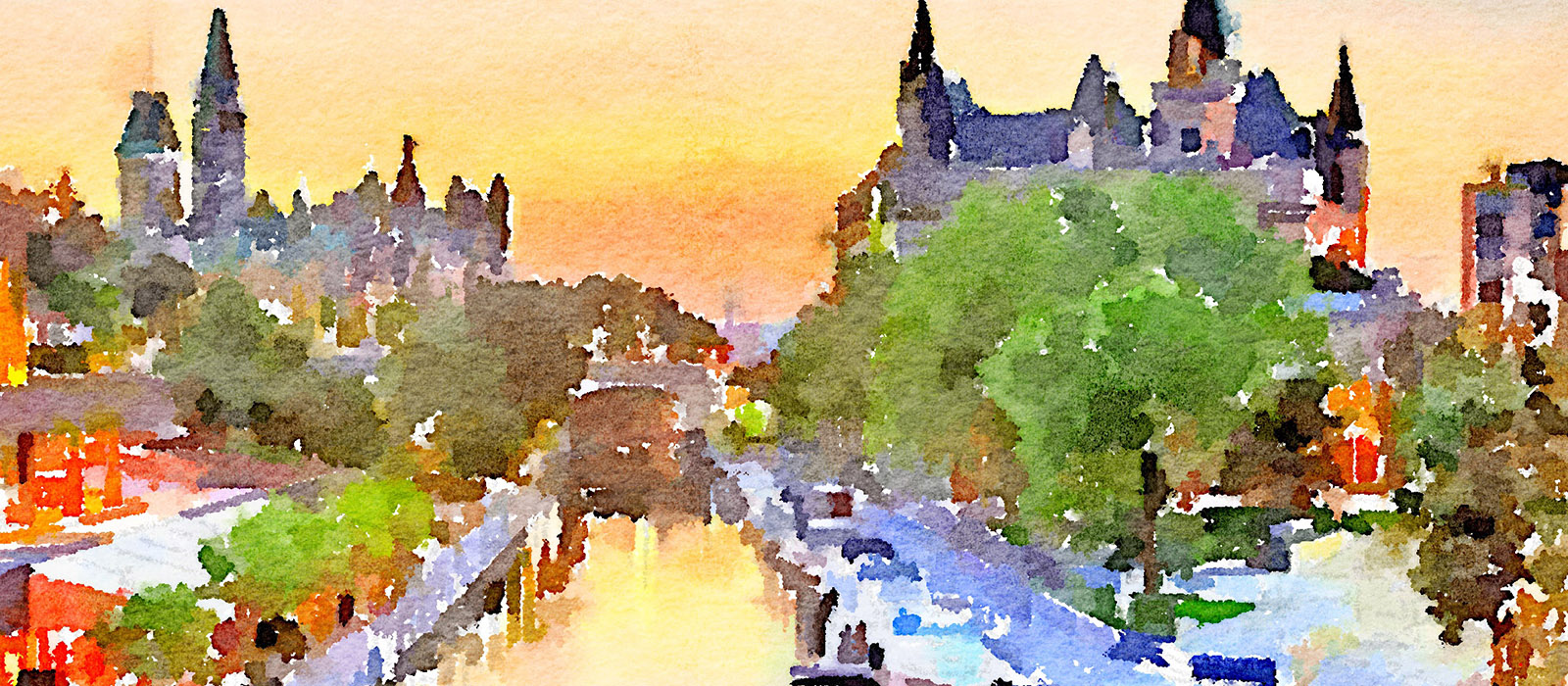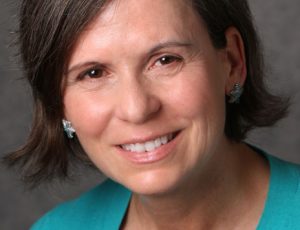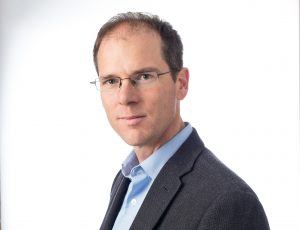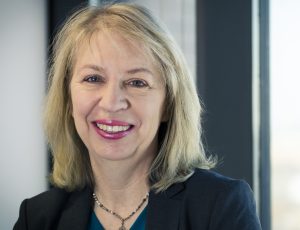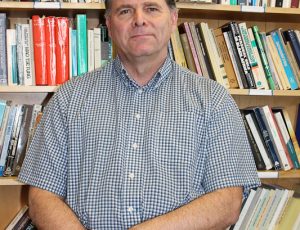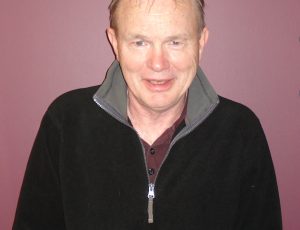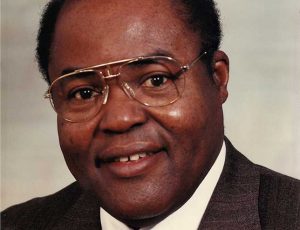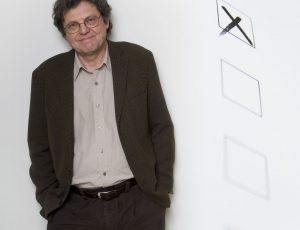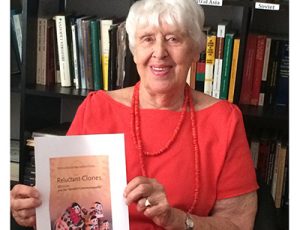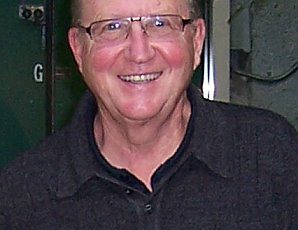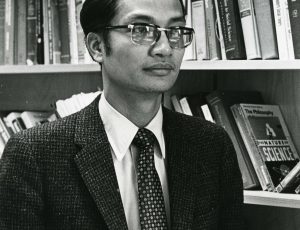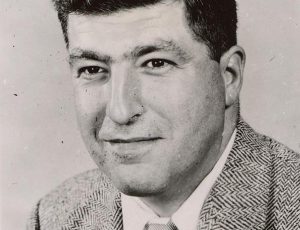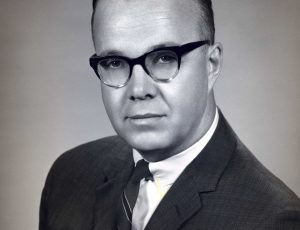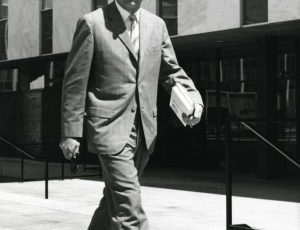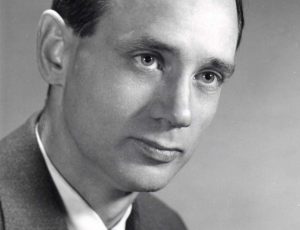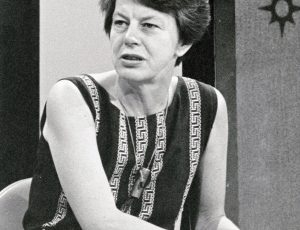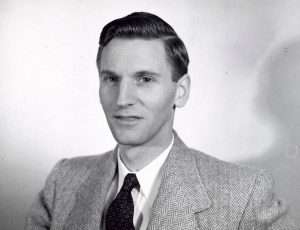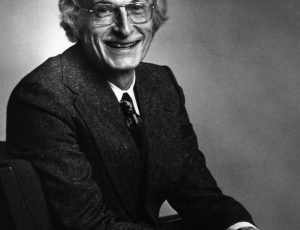Chair’s message
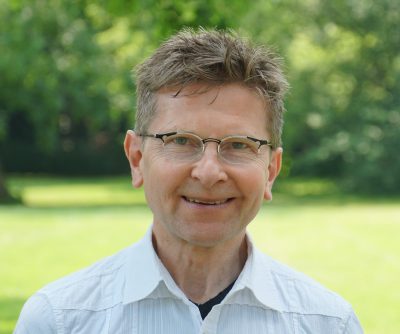 Welcome to the Department of Political Science at Carleton University!
Welcome to the Department of Political Science at Carleton University!
In Political Science we study how people organize systems of power and rule to govern collective life in and between communities from the municipal to the planetary scale. While many may think of it as a strategic game or even a “dirty business,” politics also holds out promises for the realization of freedom, equality, and justice. Politics occurs in formal processes and institutions such as elections, proceedings of legislative, executive and judicial bodies, and international organizations as well as more informal ones such as political protests, transnational corporate activities, social media communications, or the staging of international sports events. Whether formally organized or practiced more informally, political processes and decisions involve questions of accountability and fairness, solidarities and divisions, identities and interests, compromises and disagreements, and diversity and inclusion. Studying such questions also demands that we attend to how legacies of colonialism, racism and sexism continue to shape contemporary politics and affect disadvantaged groups.
Located in Canada’s capital on the traditional territories of the Algonquin nation, our department conducts research and contributes to debates on all of the above issues and others, including political parties and Parliament; citizenship and immigration; Canadian and U.S. foreign policy; global finance and global governance; gender and care relations; race and Indigenous politics; climate change and the politics of food; migration and refugees; borders and security; domestic and international politics in Africa, Asia, Europe, Latin America, and the Middle East; and enduring questions of classical, modern, and contemporary political thought.
Our 32 full-time faculty members have won numerous research and teaching awards. We are committed to giving our students a learning experience rich in intellectual stimulation and oriented to real-world problem solving. The courses in our undergraduate and graduate programs convey thinking, information-processing, and communication skills that prepare our graduates for careers in government and international organizations, service industries and professions, research and educational institutions, and in the media, business, and social service sectors.
Please explore our website, and do not hesitate to reach out to us if you have questions.
Hans-Martin Jaeger
Chair, Department of Political Science
